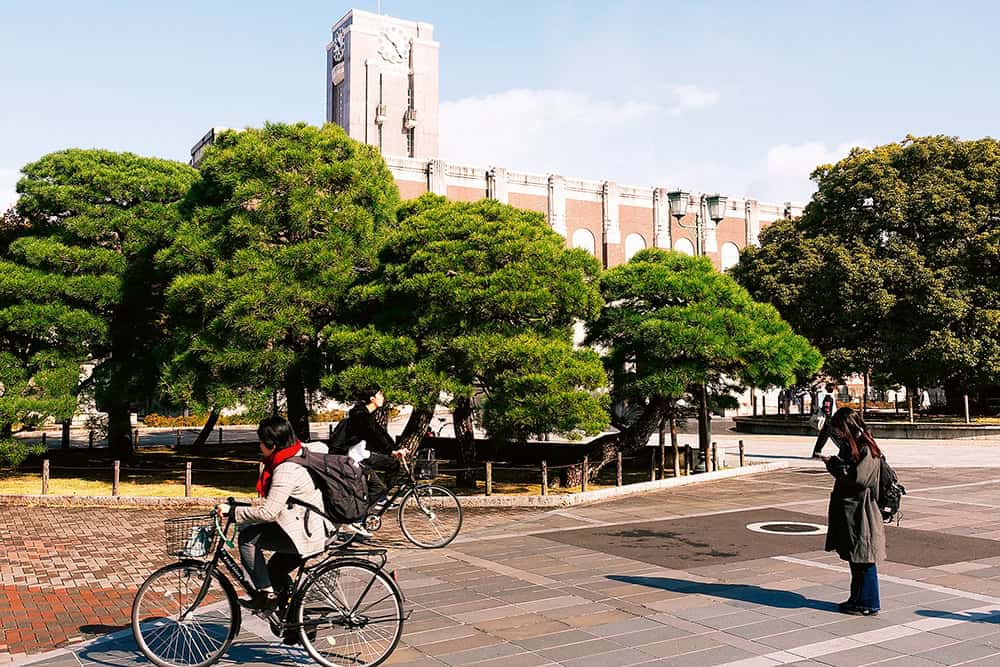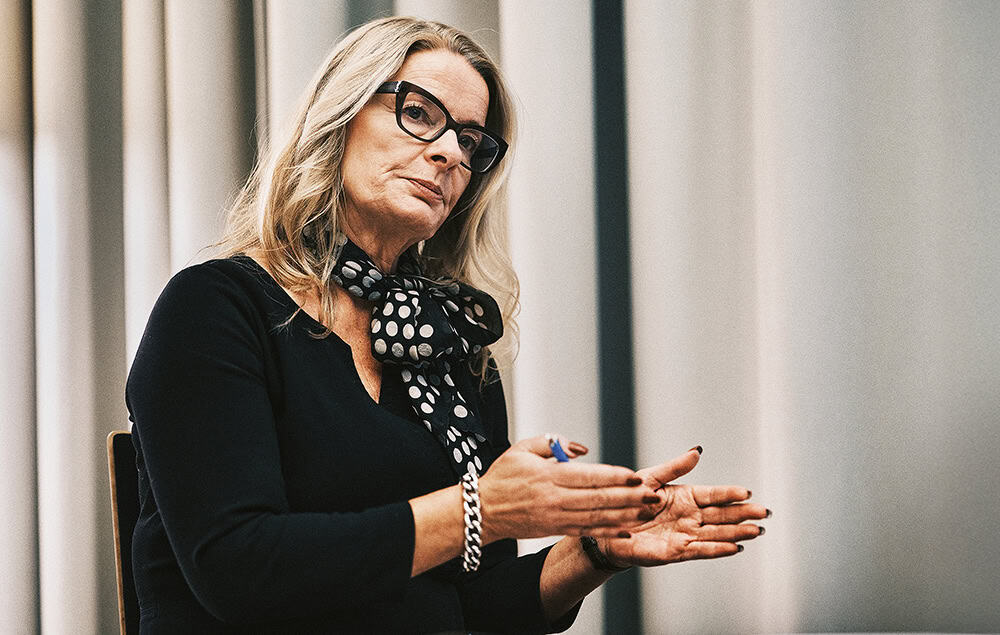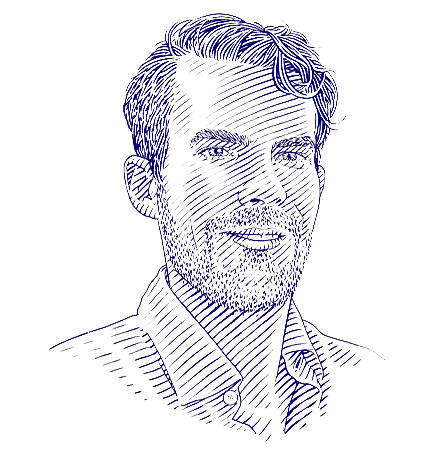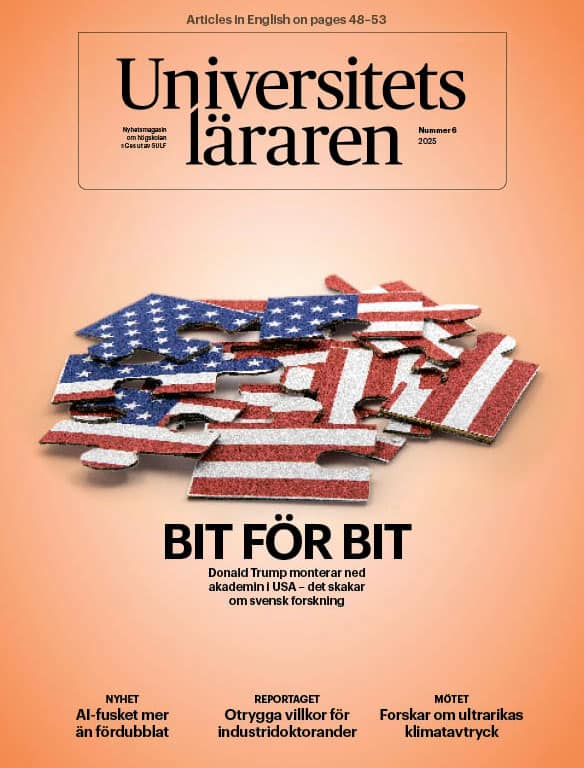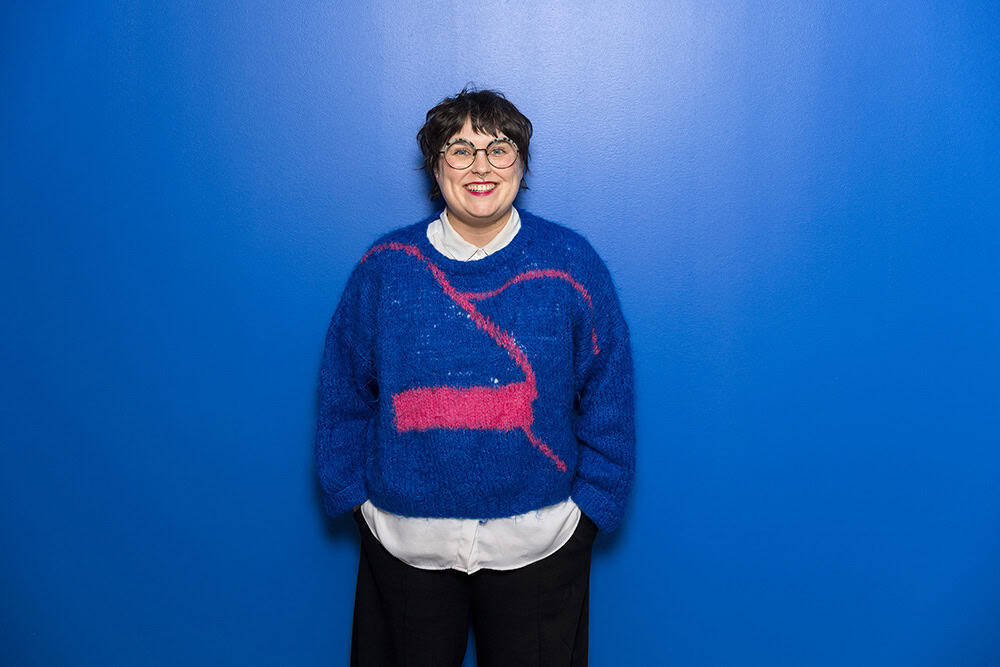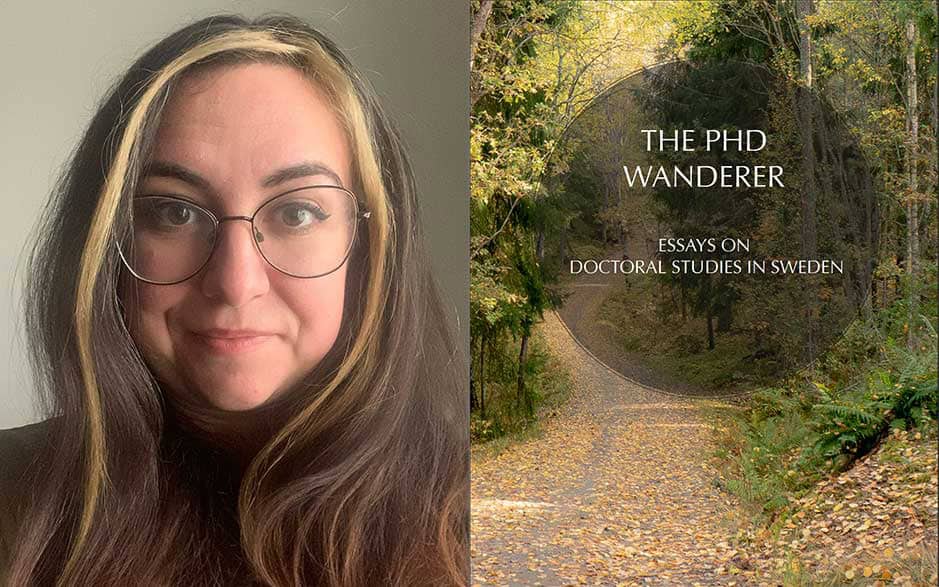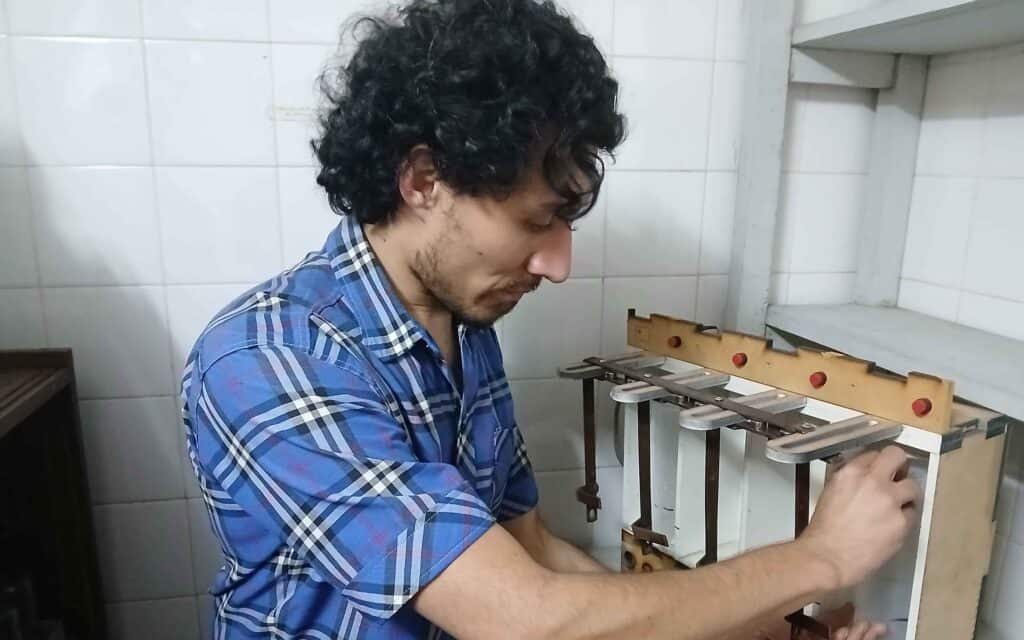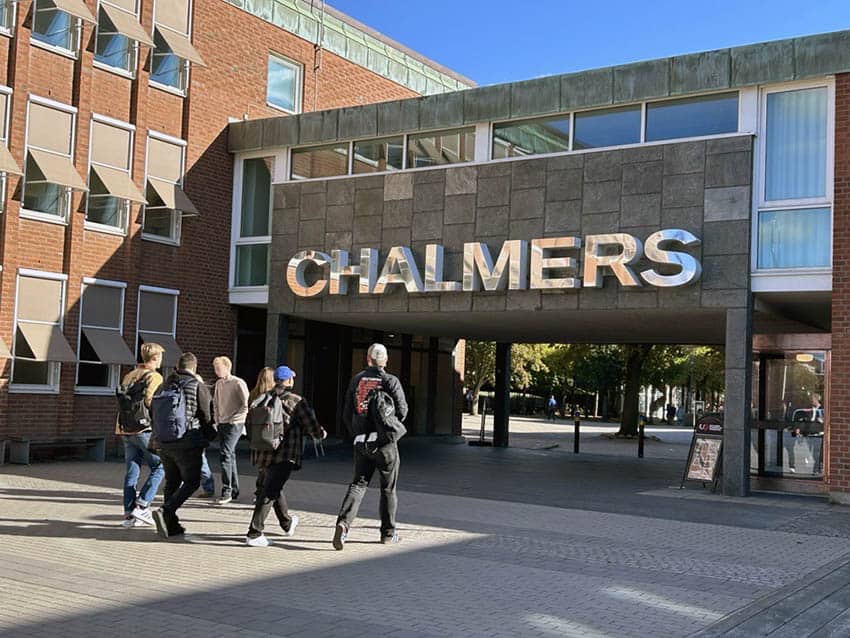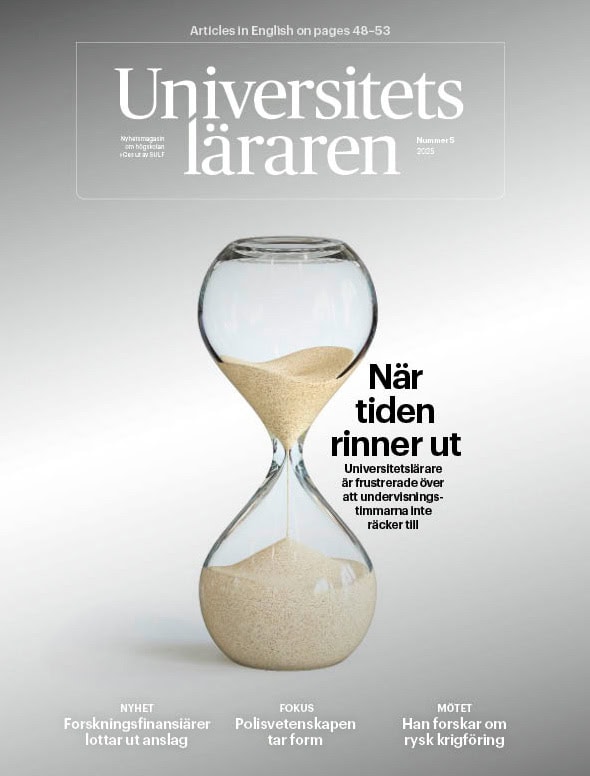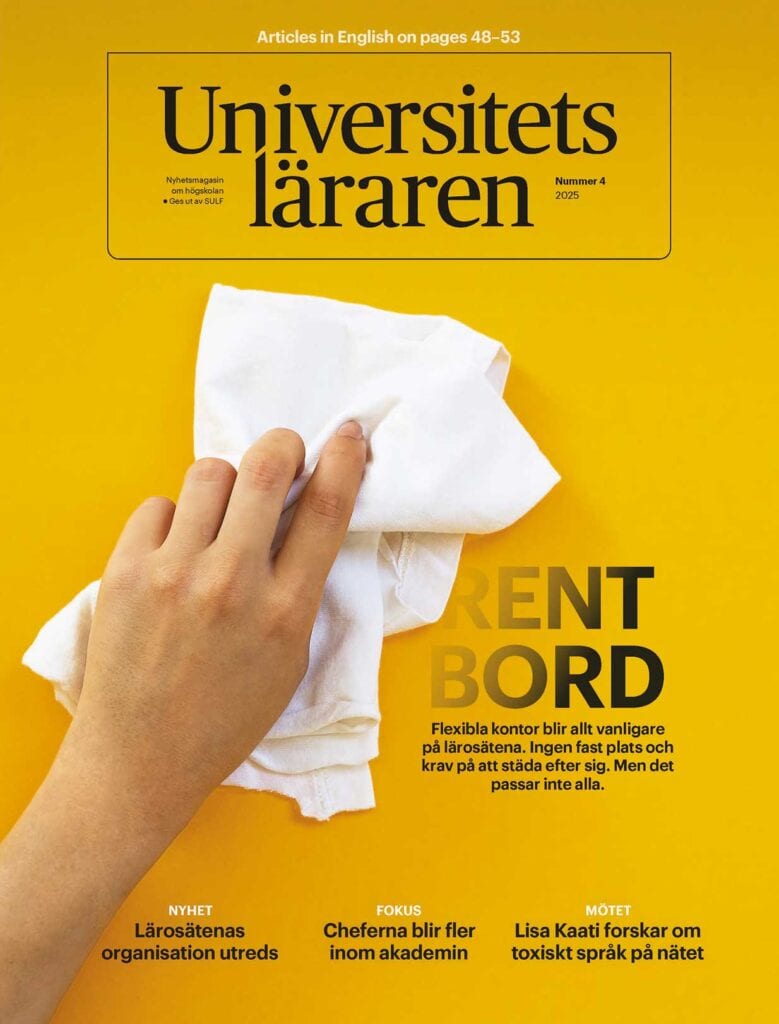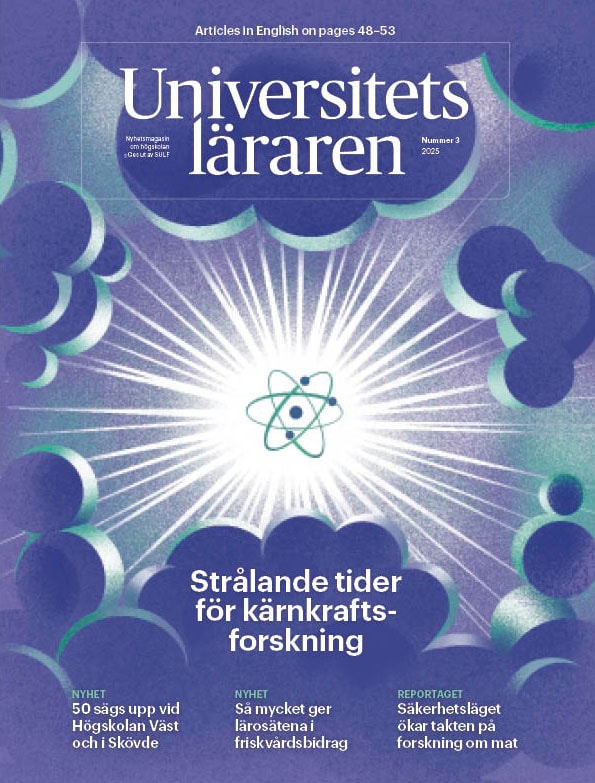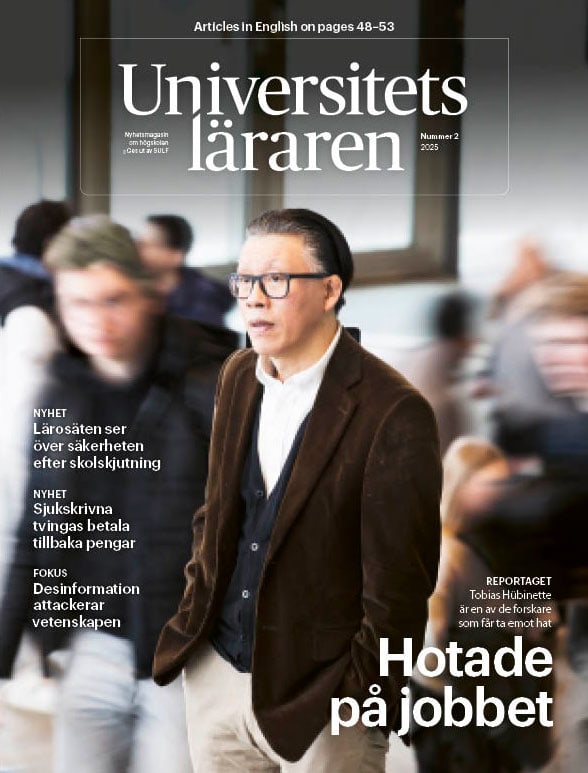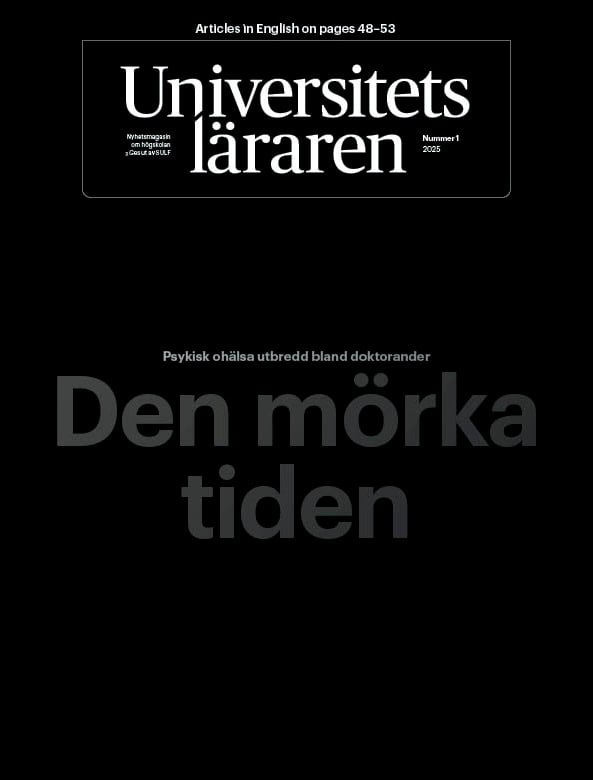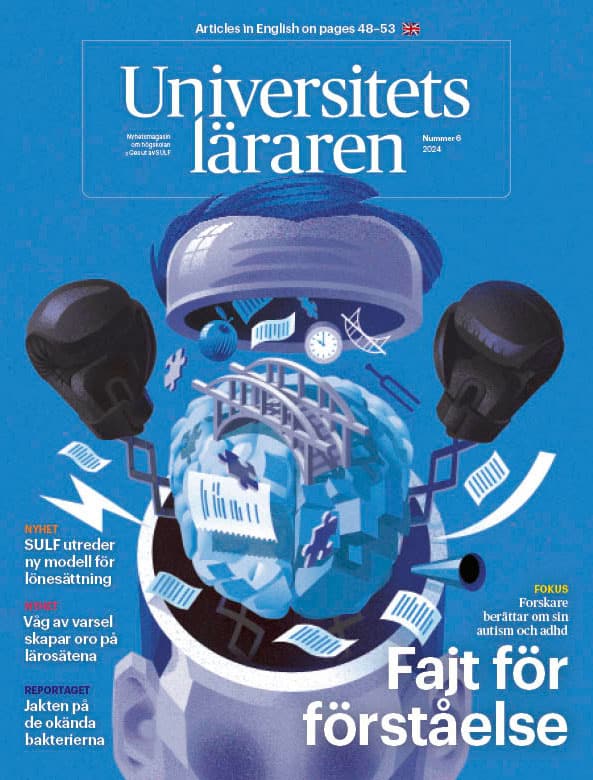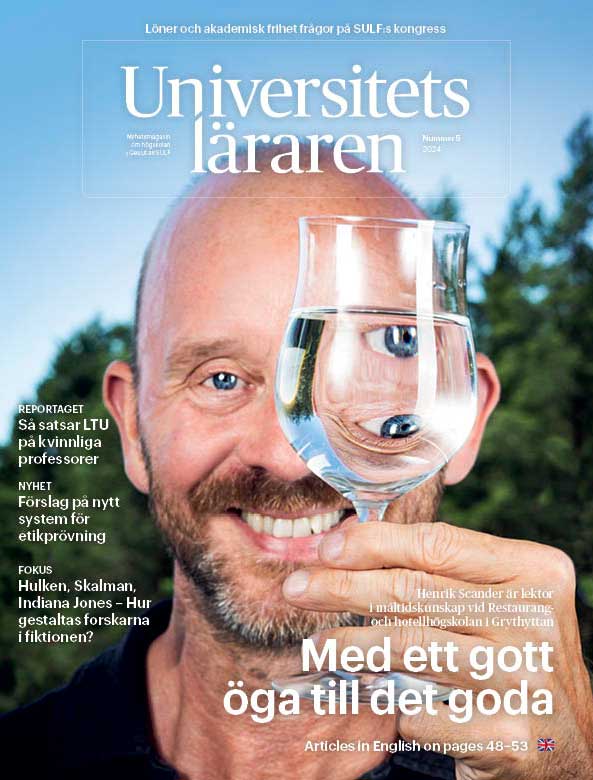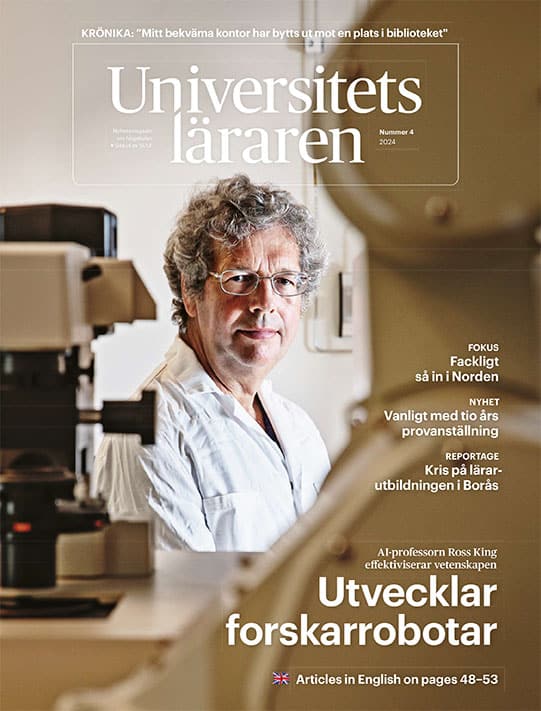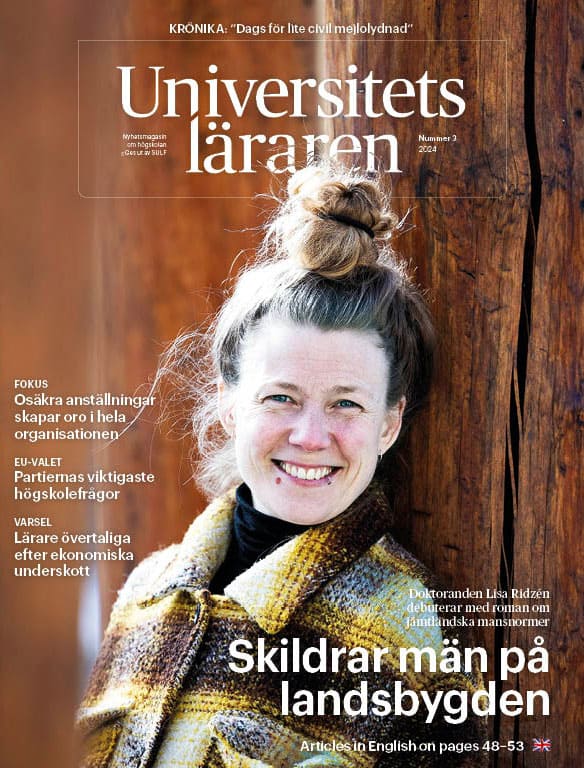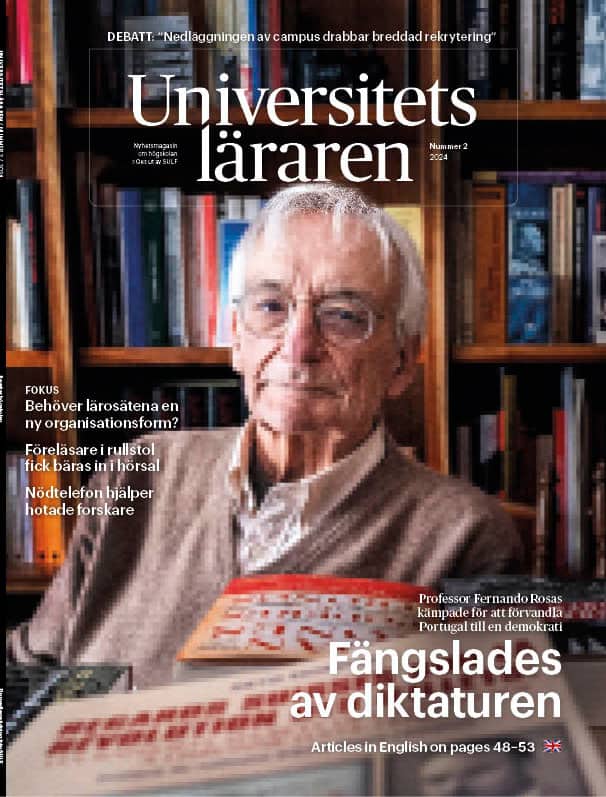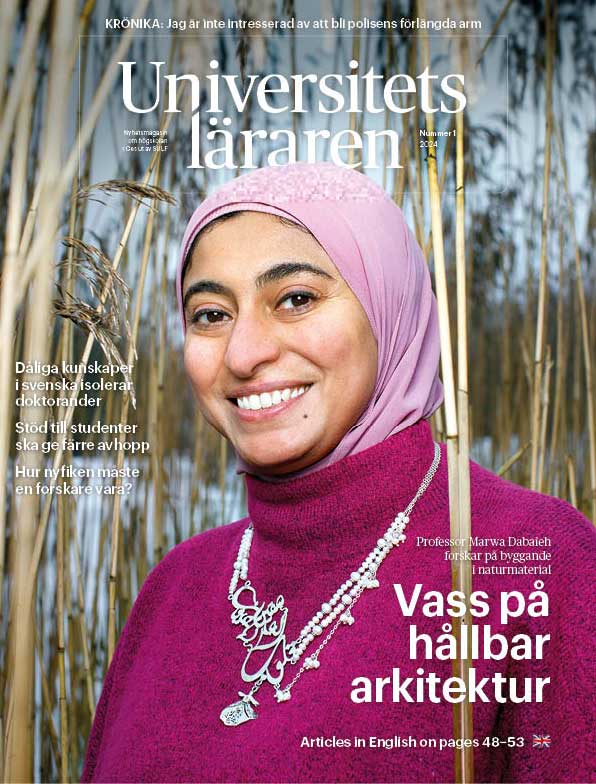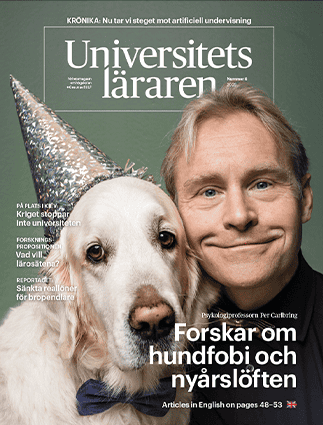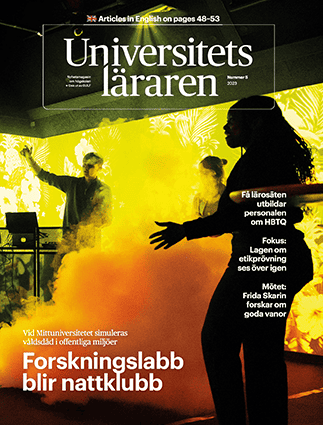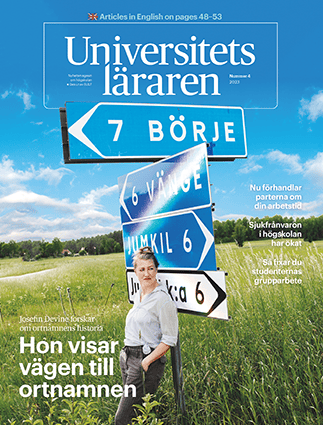Over a halting zoom connection a meeting was held between us – twelve Ph.D. candidates – and our boss. The meeting was scheduled long before the covid-19 outbreak to discuss our workplace situation, upcoming PhD courses, teaching and seminars. But PhD courses are cancelled, teaching has moved online and our workplace is now in our kitchens and living rooms where we try our best to work, while entrenched in domestic life. Still, our time-limited PhD and postdoc contracts keep going with immense pressure on the final result.
The testimonies start coming in. We talked about the uncertainties that come with interrupted field work, closed facilities and difficulties in managing relationships with research participants when you don’t know what the future will hold.
We talked about how important opportunities to attend and present at academic conferences were being stripped away before our eyes.
We talked about our commitment to the department and the added pressure of teaching online.
We talked about the physical and mental strains that come with makeshift workspaces.
We talked about the impossibility of staying productive while caring for small children, or worrying about elderly relatives. We talked about the hours and hours disappearing as we watch an endless stream of bad news. “I read this tweet” one of us said – “You are not working from home, you’re at home during a crisis trying to work”.
Following this conversation we sat down and wrote an open letter to our university, which was endorsed by our local Doctoral Student Union, calling for an unconditional extension of our limited contracts during this pandemic. In a matter of days. the letter accumulated signatures from nearly a third of the university’s Ph.D. candidates, and messages of solidarity were coming in from Ph.D. candidates and postdocs at other institutions – not just in Sweden but from around the world. It was clear that we were not alone in our struggles.
As such we’re opening up our request for Malmö University to extend all Ph.D. and postdoctoral contracts for the duration of the covid-19 shutdown, calling for universities in Sweden to extend Ph.D. and post-doctoral contracts due to this pandemic. This is a matter that concerns all of us, and is imperative to the future of research in this country.
Open letter to Swedish universities: Extend the PhD and Postdoctoral contracts
The Corona crisis has affected each and every person working at Malmö University, particularly since the university closed its doors on the 17th of march 2020. We are all struggling to cope with the digitalization; being unable to see our colleagues and students in person, worried about the state of the world, and the wellbeing of family and friends. We do not, in the moment of writing, know how long or how severe this disruption will be and should prepare ourselves for the possibility that this might extend to the next academic year. We understand the need for these measures and support the universities in taking this responsibility for the collective good.
However, as post-docs and doctoral candidates our temporary contracts mean that a disruption of our work is something that can severely harm our chances of successfully completing our research. Additionally, many of us hold the dual position of being both employees and students. It follows that:
● Many doctoral candidates and post-docs are currently suffering from interrupted or delayed field work and cancellations of Ph.D courses, summer schools, seminars and conferences.
● Many doctoral candidates and post-docs are facing such severe disruptions to their field work that they have been forced to rethink key aspects of their work.
● Many of doctoral candidates and post-docs will have their research trajectories hindered due to limited access to labs, equipment and strained communication with colleagues, collaboration partners and research participants.
● For many doctoral candidates and post-docs the digitalization of teaching has meant that we’ve taken on a far heavier workload than usual in the past couple of weeks, and will continue to do so throughout the spring so that the university can carry on running as constructively as possible.
The discrepancy between factor time and actual teaching has been a long standing concern for teaching staff and Ph.D. candidates alike. However, as we now face the acute need to shift our curricula online, this discrepancy is worsened. With our time-limited contracts, doctoral students are faced with the difficult choice of dedicating our time to teaching at the expense of research and doctoral education.
At the moment of writing, all academic staff are working from home. Yet the home is not a productive space for everyone, especially as self-distancing measures endure. Many of us now have to navigate work with the care for children and other family members. The home is first and foremost a domestic space, and with children at home the Ph.D. candidates and postdocs cannot be expected to work full time. We urge the university to recognize that the home is not a workplace. As employees our work is dependent on the access to the facilities and resources of our offices.
We urge the university to recognize that the quality of learning will be lessened by the disruption. As both employees and as students we keep our academic environment to high standards, and are willing to produce the high quality work that is expected from us and contribute to our respective fields. Under these circumstances however this quality can either not be guaranteed or is poised to come at the expense of our mental and physical health or social relations.
During the time of crisis there will not be a sufficient allocation of resources. Even under the best possible circumstances, the Ph.D. candidates and postdocs can expect to lose precious time. This applies equally to all of us regardless of which field we are in, or at what stage of our doctoral or postdoctoral research we find ourselves.
We, the undersigned Ph.D. candidates and post-doctoral researchers, are asking that Malmö University acknowledge the Covid-19 as an unparalleled time of crisis, and to assure us that the universities’ measures taken during this time of crisis are not here to stay – e.g. the shift to online education is a temporary solution, and that the home is not assumed to be a workplace.
Further we ask the university to recognize that under the Covid-19 pandemic we as Ph.D. candidates and postdoctoral researchers cannot be expected to work at full capacity.
We are asking that an unconditional extension of contracts is issued for all doctoral candidates and post-doctoral researchers employed at Malmö University during the Covid-19 pandemic. The extension should be equivalent to the time of the University’s closure, and should not cannibalize other resources necessary for the completion of a Ph.D. (e.g. the rucksack or other institutional funds). The extension should also apply to all doctoral candidates working part time, or partially employed at external organisations (Industrial Ph.D:s). These demands do not only concern the welfare of doctoral candidates, but are meant to guarantee the quality of research education in the long term.
Olivia Aherne, Ph.D. candidate in Oral biology, Faculty of Odontology (OD)
Alberto Alvarez, Ph.D. Candidate in Computer Science, Faculty of Technology and Society (TS)
Michel Vincent Anderlini, Ph.D Candidate in Global Politics, Faculty of Culture and Society (KS)
Elsa Andersson, Ph.D candidate in Education, Faculty of Education and Society (LS)
Nada Amroussia, PhD candidate in Health and Society, Faculty of Health and Society (HS)
Magnus Bergman, Ph.D. candidate in History and History didactics, Faculty of Education and Society (LS)
Sarah Bodelson, Ph.D. candidate in Global Politics, Faculty of Culture and Society (GPS)
Gabriella Boisen, Ph.D. candidate in Oral biology, Faculty of Odontology (OD)
Hugo Boothby, Ph.D. candidate in Media Studies, Faculty of Culture and Society (K3)
Alberto Chrysoulakis, Ph.D. candidate at the Department of Criminology, Faculty of Health and Society (HS)
Myrto Dagkouli – Kyriakoglou, Postdoc researcher, Institute for Urban Research (IUR)
Aurélien Daudi, Ph.D. candidate in Sports Sciences, Faculty of Education and Society (LS)
Sergei Dytckov, Ph.D. candidate in Computer Science, Faculty of Technology and Society (TS)
Alexander Engström, Ph.D. candidate at the Department of Criminology, Faculty of Health and Society (HS)
Johan Farkas, Ph.D. candidate in Media Studies, Faculty of Culture and Society (K3)
Rebecka Fingalsson, Ph.D candidate in Science Education and Mathematics Education, Faculty of Education and Society (LS)
Malin Reljanovic Glimäng, Ph.D candidate in Science Education, Faculty of Education and Society (LS)
Sara Gottschalk, Ph.D candidate in Interaction Design, Faculty of Culture and Society (KS)+ Faculty of Arts and Humanities, Linnaeus University
Per Gunnemyr, Ph.D. candidate in History and History didactics, Faculty of Education and Society (LS)
Magnus Gustafson, Ph.D candidate in History and History didactics, Faculty of Education and Society (LS)
Marika Hedemyr, Ph.D. candidate in Interaction Design, Faculty of Culture and Society (K3)
Therese Hellberg, Ph.D. candidate in Media Studies, Faculty of Culture and Society (K3)
Lars Holmberg, Ph.D. candidate in Computer Science, Faculty of Technology and Society (TS)
Maria Howding, Ph.D candidate in Sport Sciences, Faculty of Education and Society (LS)
Calle Håkansson, Ph.D Candidate in Global Politics, Faculty of Culture and Society (KS)
Majid Jaffari, Ph.D candidate in Education, Faculty of Education and Society (LS)
Sabina Jallow, Ph.D candidate in Urban Studies, Faculty of Culture and Society
Alexander Jansson, Ph.D. candidate in Sports Sciences, Faculty of Education and Society (LS)
Adam Jonsson, Ph.D. candidate at the Department of Criminology, Faculty of Health and Society (HS)
Defne Kadioglu, postdoctoral researcher, Institute for Urban Research (IUR)
Fredrik Leo, Ph.D. candidate in Oral biology, Faculty of Odontology (OD)
Isak Lidström, Ph.D. candidate in Sports Sciences, Faculty of Education and Society (LS)
Sandra Lennartsson, Ph.D candidate in Urban Studies, Faculty of Culture and Society
Jacob Lind, Ph.D. candidate in International Migration and Ethnic Relations, Faculty of Culture and Society (GPS)
Matilda Lindberg, Ph.D candidate in Sport Sciences, Faculty of Education and Society (LS)
Linnea Lindemann, Ph.D candidate in Social Work, Faculty of Health and Society
Johanna Lüddeckens, Ph.D candidate in special education, Faculty of Education and society
Sepandarmaz Mashreghi, Ph.D. candidate in Sports Sciences, Faculty of Education and Society (LS)
Lorena Melgaco Silva Marques, postdoctoral researcher, Institute for Urban Research (IUR)
Cristina Nordman, Ph.D candidate in Science Education, Faculty of Education and Society (LS)
Hamza Ouhaichi, Ph.D. candidate in Data- and AI-Driven Development, Faculty of Technology and Society
Anuradha Venugopal Reddy, Ph.D candidate in Interaction Design, Faculty of Culture and Society (K3)
Carolina Robertsson, Ph.D. candidate in Oral biology, Faculty of Odontology (OD)
Roel Roscam Abbing, Ph.D. candidate in Interaction Design, Faculty of Culture and Society (K3)
Linn Persson, Ph.D. candidate at the Department of Criminology, Faculty of Health and Society (HS)
Charlotte Petersson, Ph.D candidate in Urban Studies, Faculty of Culture and Society
Emil Pull, Ph.D candidate in Urban Studies, Faculty of Culture and Society
Dawan Raoof, Ph.D candidate in Social Work, Faculty of Health and Society
Juliana Restrepo, Ph.D candidate in Interaction Design, Faculty of Culture and Society (KS)+ Faculty of Arts and Humanities, Linnaeus University
Kim Roelofs, Ph.D candidate in Urban Studies, Faculty of Culture and Society
Johan Salo, Ph.D. candidate in Computer Science, Faculty of Technology and Society (TS)
Sofia Sebelius, Ph.D candidate in Sport Sciences, Faculty of Education and Society (LS)
Mattias Nilsson Sjöberg, Ph.D candidate in Education, Faculty of Education and Society (LS)
Marie Sjöblom, Ph.D candidate in Science Education and Mathematics Education, Faculty of Education and Society (LS)
Alicia Smedberg, Ph.D. candidate in Participatory Design, Faculty of Culture and Society (K3)
Isobel Squire, Ph.D Candidate in Global Politics, Faculty of Culture and Society (KS)
Christina Svensson, Ph.D candidate in Science Education and Mathematics Education, Faculty of Education and Society (LS)
Eigo Tateishi, Ph.D candidate in urban studies, Faculty of Culture and Society (KS)
Agnes Tegen, Ph.D. candidate in Computer Science, Faculty of Technology and Society (TS)
Jakob Tornberg, Ph.D candidate in Social Work, Faculty of Health and Society
Chiara Valli, Postdoc researcher, Institute for Urban Research (IUR)
Karina Villacura, Ph.D candidate in Urban Studies, Faculty of Culture and Society
Veera Virmasalo, Ph.D. candidate in Media and Communication Studies, Faculty of Culture and Society (K3)
Michelle Westerlaken, Ph.D. candidate in Interaction Design, Faculty of Culture and Society (K3)
Roger Westin, Ph.D candidate in Urban Studies, Faculty of Culture and Society
Angelica Wågby, Ph.D candidate in social work, Faculty of Health and Society (HS)
Catarina Wästerlid, Ph.D candidate in special education, Faculty of Education and society
Eline Wærp, Ph.D. candidate in IMER, Faculty of Culture and Society (GPS).
Merve Nur Yavuzkaya, Ph.D candidate in Science Education and Mathematics Education, Faculty of Education and Society (L

